 This is the first young adult novel I've read since I was one, bought by mistake since I thought it was for adults. It's also an eBook, not what I prefer. Having said that, though, this is an excellent book.
This is the first young adult novel I've read since I was one, bought by mistake since I thought it was for adults. It's also an eBook, not what I prefer. Having said that, though, this is an excellent book.The narrator is 15 year old Laila, daughter of an assassinated dictator from an unnamed, probably Middle Eastern country in turmoil. Thanks to a CIA agent, she has escaped to the U.S. with her mother and younger brother. The two children didn't realize the political situation in their homeland, only that they loved their father but didn't like their uncle, a military man who was radically religious. She learns the truth in bits and pieces through the story and so the reader learns along with her.
Her main problem at first is adjusting to an American high school and all of the customs in the U.S. that are so different for her. She is also asked by her mother to make friends with Amir, a high school student from their country. He, it turns out, is involved with the opposition and for very good reason. Her adaptation to all of this is slow and halting. A girlfriend named Emmy and a young admirer, Ian, are a big help but Laila is always drawn back to the comfort of her own customs. I'm too removed from my teen years to know how well teens will relate to Laila or understand her dilemma but I'm guessing they would appreciate her story.
There is an afterward written by Dr. Cheryl Bernard of the Rand Corporation and president of Arch International that is well worth reading. She was a friend of Benazir Bhutto's and has insights into the problems of politics, family, and human rights in the Middle East gained during her time as a CIA agent. I found this to be educational about the problems of such political families.
Recommended
Source: purchased


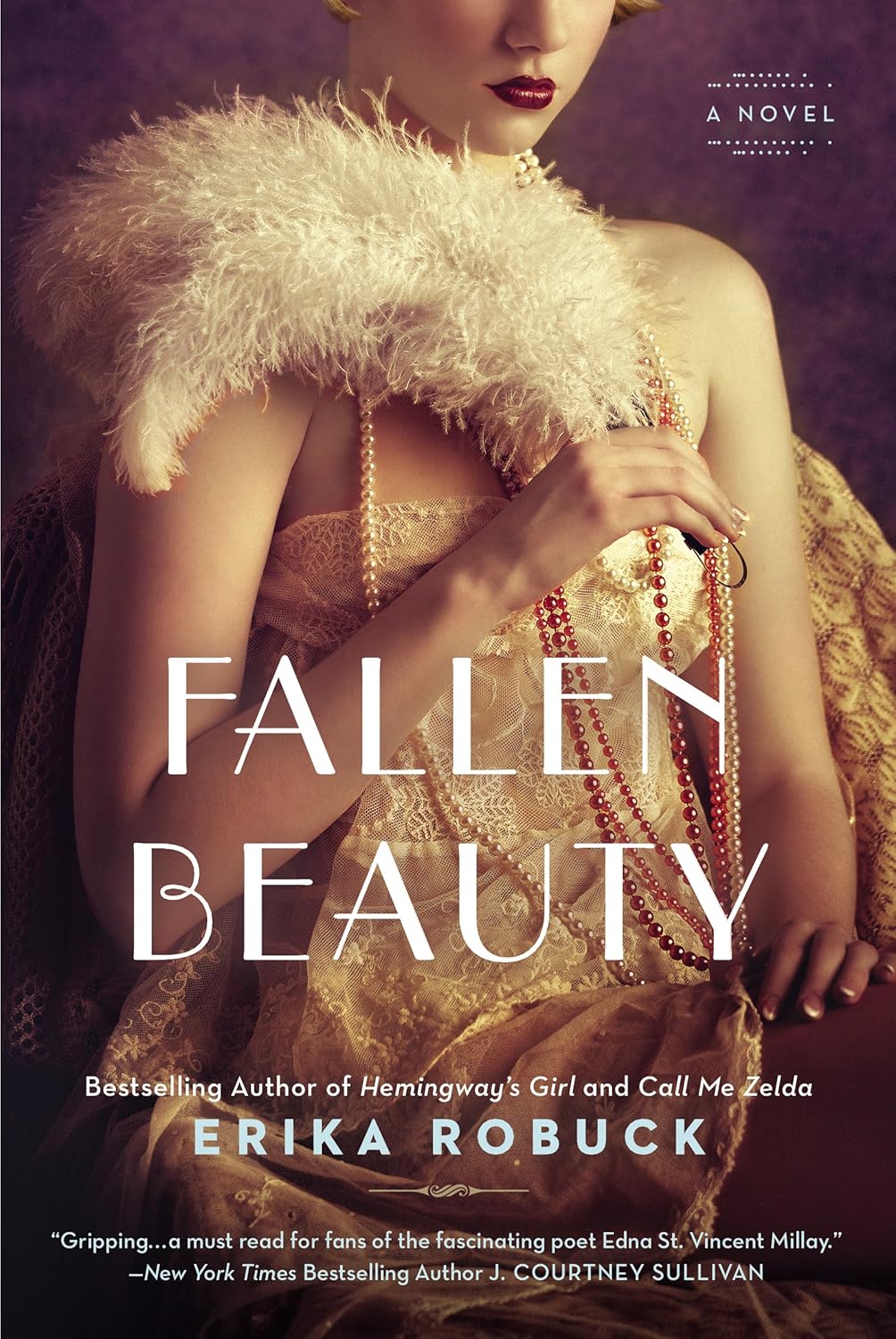 Some time ago I read Hemingway's Girl by Erika Robuck and loved it so much I was anxious to read this one. This is her third book featuring a famous person from the Roaring Twenties; the other was about Zelda Fitzgerald and I haven't had a chance to read that one yet.
Some time ago I read Hemingway's Girl by Erika Robuck and loved it so much I was anxious to read this one. This is her third book featuring a famous person from the Roaring Twenties; the other was about Zelda Fitzgerald and I haven't had a chance to read that one yet.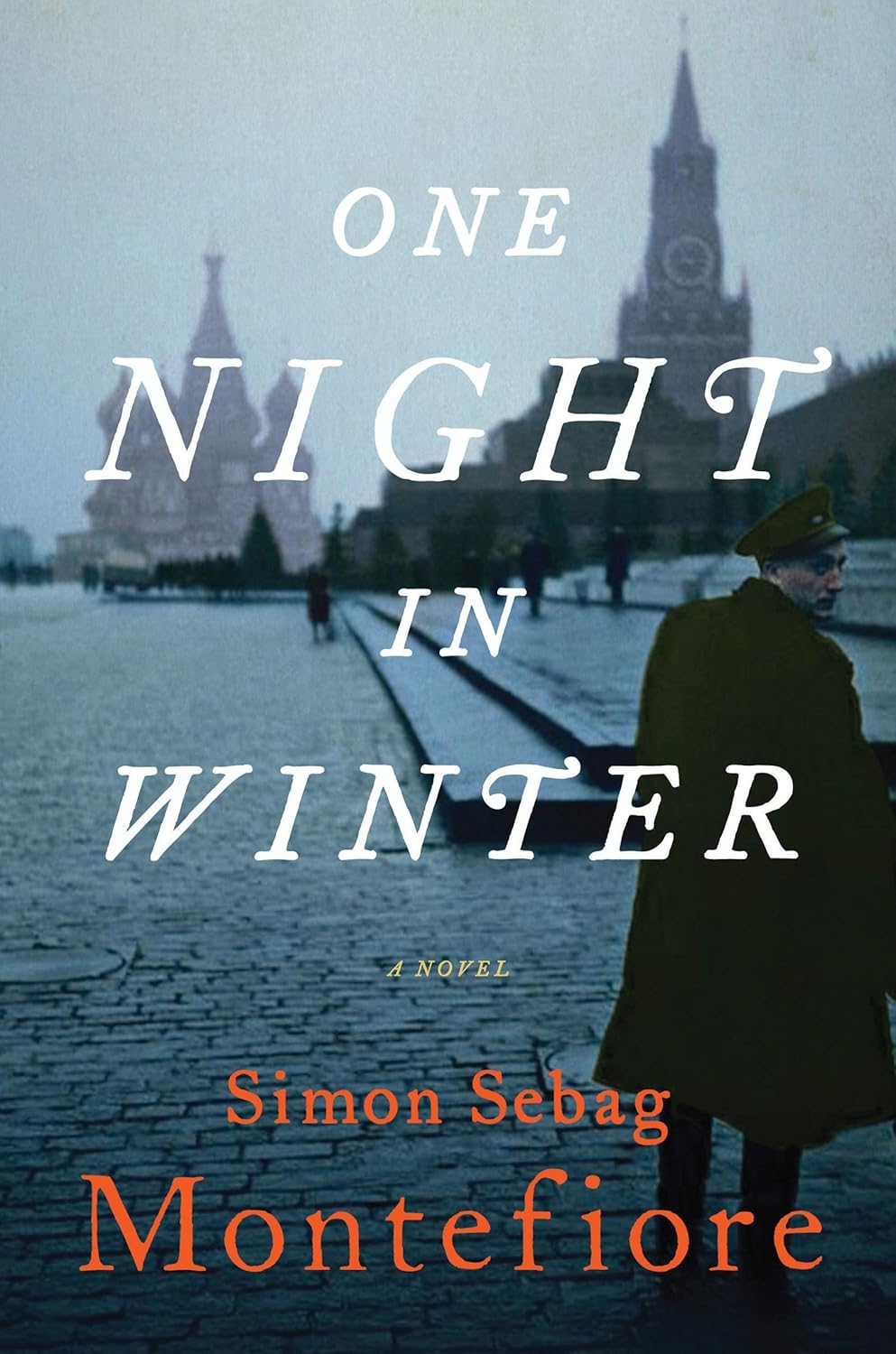 It has taken me a few days to digest One Night in Winter so that I could write an objective review of this exceptional book. I was excited to read it since I enjoy historical fiction and I knew the story was set in Moscow during Stalin's rule just after the end of World War II. Of course I realized that it would probably involve Lubianka Prison and Stalin's paranoid imprisonment and torture of suspects. Despite that, when reading the book, I got very upset.
It has taken me a few days to digest One Night in Winter so that I could write an objective review of this exceptional book. I was excited to read it since I enjoy historical fiction and I knew the story was set in Moscow during Stalin's rule just after the end of World War II. Of course I realized that it would probably involve Lubianka Prison and Stalin's paranoid imprisonment and torture of suspects. Despite that, when reading the book, I got very upset. I'm reading eBooks again so I apologize to my followers who don't read them. Sometimes the book looks too good to hold out for the paperback edition. That's the case here too.
I'm reading eBooks again so I apologize to my followers who don't read them. Sometimes the book looks too good to hold out for the paperback edition. That's the case here too.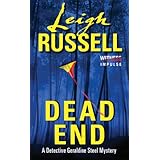
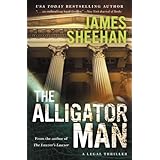
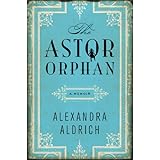 I bought this memoir thinking I would learn something about the descendants of John Jacob Astor and I did but not in the way I expected. This is the poor, bohemian offspring of the Astor orphans, William Backhouse Astor, Sr.'s eleven grandchildren who were orphaned when their parents died of pneumonia within a short time of each other. They were raised by family in the enormous mansion called Rokeby in the Catskills. The author's great grandmother bought out her siblings to be sole owner of Rokeby, but after she died in 1963 the place began to deteriorate. Eventually the estate of some 400+ acres was co-owned by brothers Harry and Ted Aldrich. Ted's only child Alexandra is the author of this memoir.
I bought this memoir thinking I would learn something about the descendants of John Jacob Astor and I did but not in the way I expected. This is the poor, bohemian offspring of the Astor orphans, William Backhouse Astor, Sr.'s eleven grandchildren who were orphaned when their parents died of pneumonia within a short time of each other. They were raised by family in the enormous mansion called Rokeby in the Catskills. The author's great grandmother bought out her siblings to be sole owner of Rokeby, but after she died in 1963 the place began to deteriorate. Eventually the estate of some 400+ acres was co-owned by brothers Harry and Ted Aldrich. Ted's only child Alexandra is the author of this memoir.